Viridiana (1961)
Genre: Drama
Duration: 90 minuten
Country:
Spain / Mexico
Directed by: Luis Buñuel
Stars: Fernando Rey, Silvia Pinal and Francisco Rabal
IMDb score:
 8,0 (27.861)
8,0 (27.861)
Releasedate: 17 May 1961
Latest News

Mahjong Scenes in Cinema: What They Reveal About Character and Culture

From jump scares to jackpots: why horror movie aesthetics persist in modern online casino design

How Online Casinos Use Hollywood-Level Storytelling in Modern Slot Designs

Five of the Best Licensed Movie Tie In Slot Games You Can Play Now
More to explore
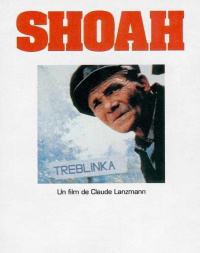
Shoah
Documentary / War, 1985
3 comments

Ordet
Drama, 1955

Da Hong Deng Long Gao Gao Gua
Drama, 1991
3 comments

Suna no Onna
Drama / Thriller, 1964
3 comments

Un Condamné à Mort S'est Échappé ou Le Vent Souffle Où Il Veut
Drama / Thriller, 1956
3 comments

Los Olvidados
Drama / Crime, 1950
3 comments




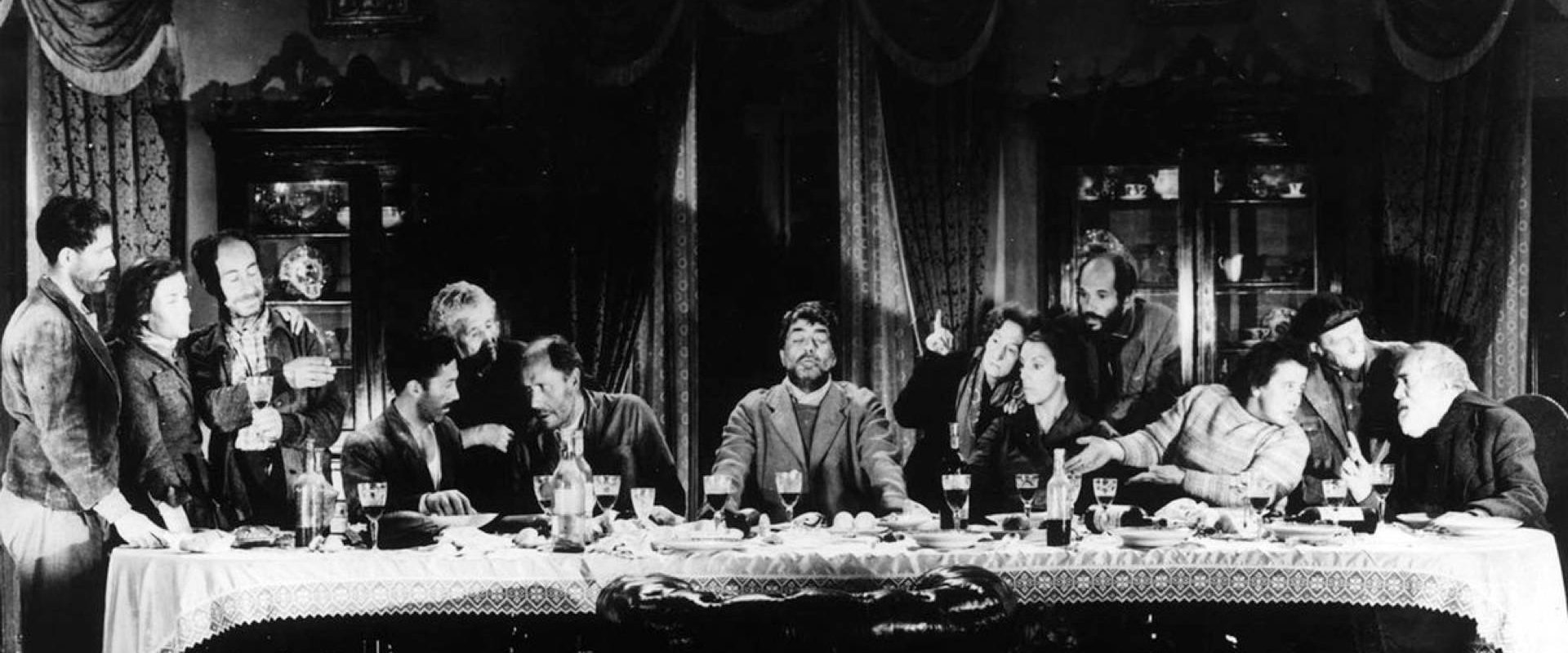

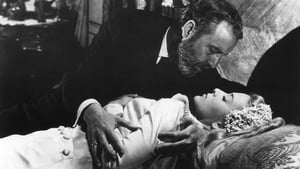


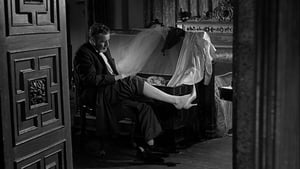
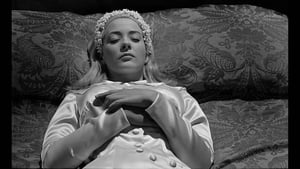

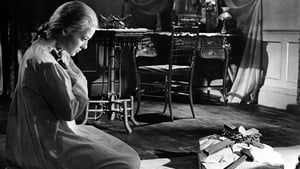
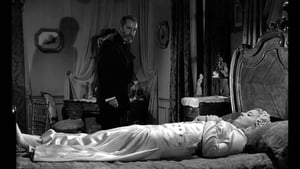





 Translated from Dutch ·
Translated from Dutch · 
